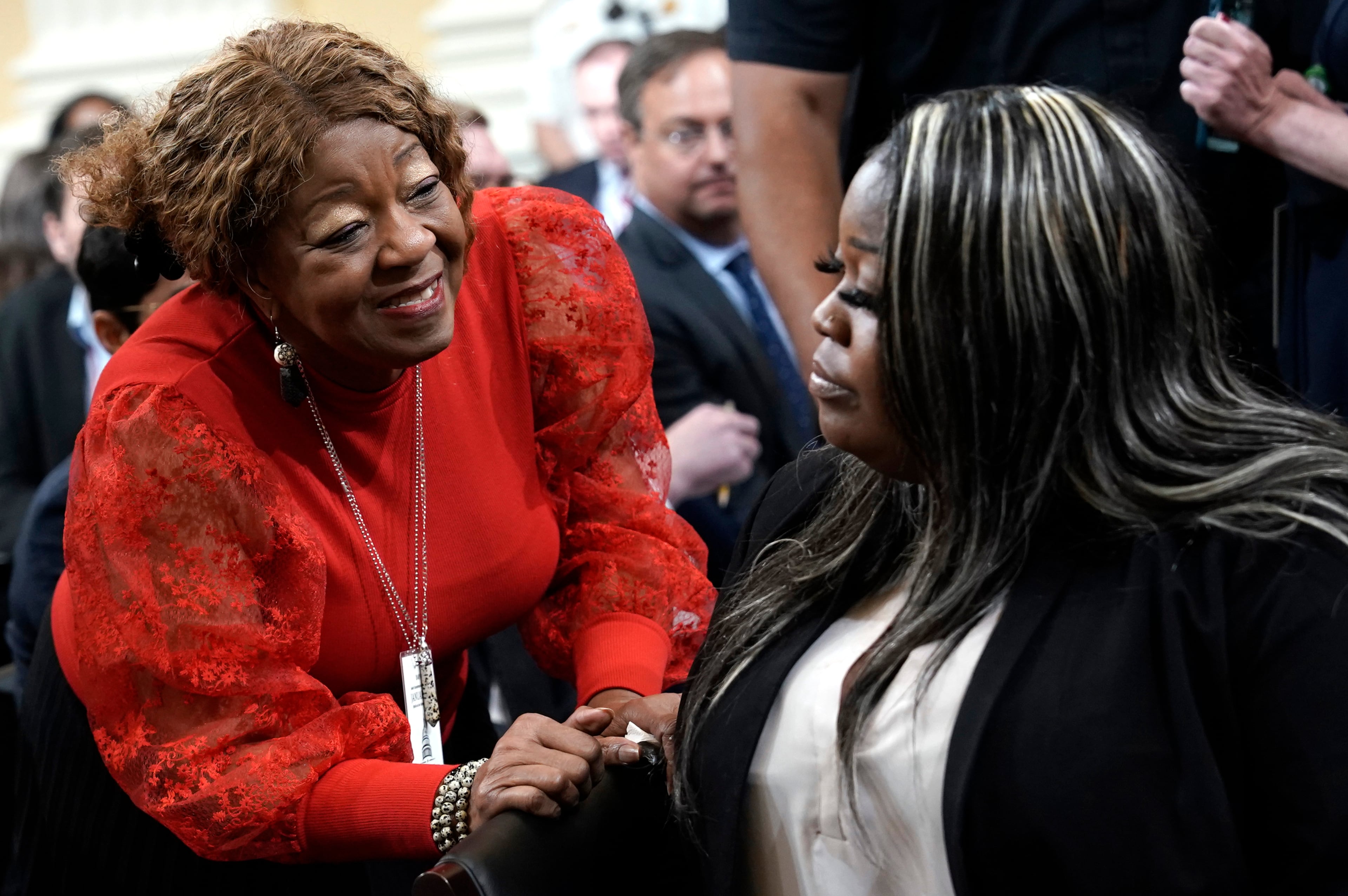Judge dismisses young climate activists’ lawsuit challenging Trump on fossil fuels

BILLINGS, Mont. (AP) — A federal judge on Wednesday dismissed a lawsuit from young climate activists seeking to block President Donald Trump’s executive orders promoting fossil fuels and discouraging renewable energy.
U.S. District Judge Dana Christensen said the plaintiffs showed overwhelming evidence climate change affects them and that it will worsen as a result of Trump’s orders.
But Christensen concluded their request for the courts to intervene was “unworkable” because it was beyond the power of the judiciary to create environmental policies.
The 22 plaintiffs included youths who prevailed in a landmark climate trial against the state of Montana in 2023. During a two-day hearing last month in Missoula, the activists and experts who testified on their behalf described Trump’s actions to boost drilling and mining and discourage renewable energy as a growing danger to children and the planet.
A United Nations agency said on Wednesday that heat-trapping carbon dioxide levels in the atmosphere jumped by the highest amount on record last year, “turbo-charging” the climate and making weather more extreme.
Legal experts said the young activists and their lawyers from the environmental group Our Children’s Trust faced long odds in the federal case. The Montana state constitution declares that people have a "right to a clean and healthful environment," but that language is absent from the U.S. Constitution.
White House spokeswoman Taylor Rogers said Wednesday's ruling marked a victory for the administration and voters who supported its agenda to create American “energy dominance” by producing more fossil fuels.
“President Trump saved our country from Joe Biden’s wildly unpopular Green Energy Scam and he will continue to ‘DRILL, BABY, DRILL’,” Rogers said in an e-mailed statement.
Christensen said in a 31-page ruling that injunction sought by the activists would have effectively meant reverting to the environmental policies of the Biden administration. Enforcing it would have required scrutiny of every climate-related action taken since Trump took office in January, the judge added.
That would mean monitoring “an untold number of federal agency actions to determine whether they contravene its injunction,” Christensen wrote. “This is, quite simply, an unworkable request.”
The climate activists will appeal Wednesday's ruling, said Julia Olson, chief legal counsel at Our Children’s Trust.
“Every day these executive orders remain in effect, these 22 young Americans suffer irreparable harm to their health, safety, and future," Olson said. “The judge recognized that the government’s fossil fuel directives are injuring these youth, but said his hands were tied.”
A previous federal climate lawsuit in Oregon from Our Children’s Trust went on for a decade before the U.S. Supreme Court declined to consider their final appeal this year. Christensen cited that case in concluding that the plaintiffs in Montana lacked standing to sue the government.
“This Court is certainly troubled by the very real harms presented by climate change," he wrote. “This concern does not automatically confer upon it the power to act.”
Attorneys for the U.S. Department of Justice and more than a dozen states led by Montana had urged Christensen to dismiss the case.
Acting Assistant Attorney General Adam Gustafson said in a statement that the lawsuit was a sweeping and baseless challenge to Trump's energy agenda that the court correctly threw out.
Montana Attorney General Austin Knudsen said the rule of law had prevailed.
"Our suspicions were confirmed – this was just another show trial contrived by climate activists who wasted the taxpayer’s money,” he said.
Only a few states, including Montana, Illinois, Pennsylvania, Massachusetts and New York, have environmental protections enshrined in their constitutions.
Montana’s Supreme Court upheld the 2023 trial outcome last year, requiring officials to more closely analyze climate-warming emissions. To date, that has yielded few meaningful changes in a state dominated by Republicans.

